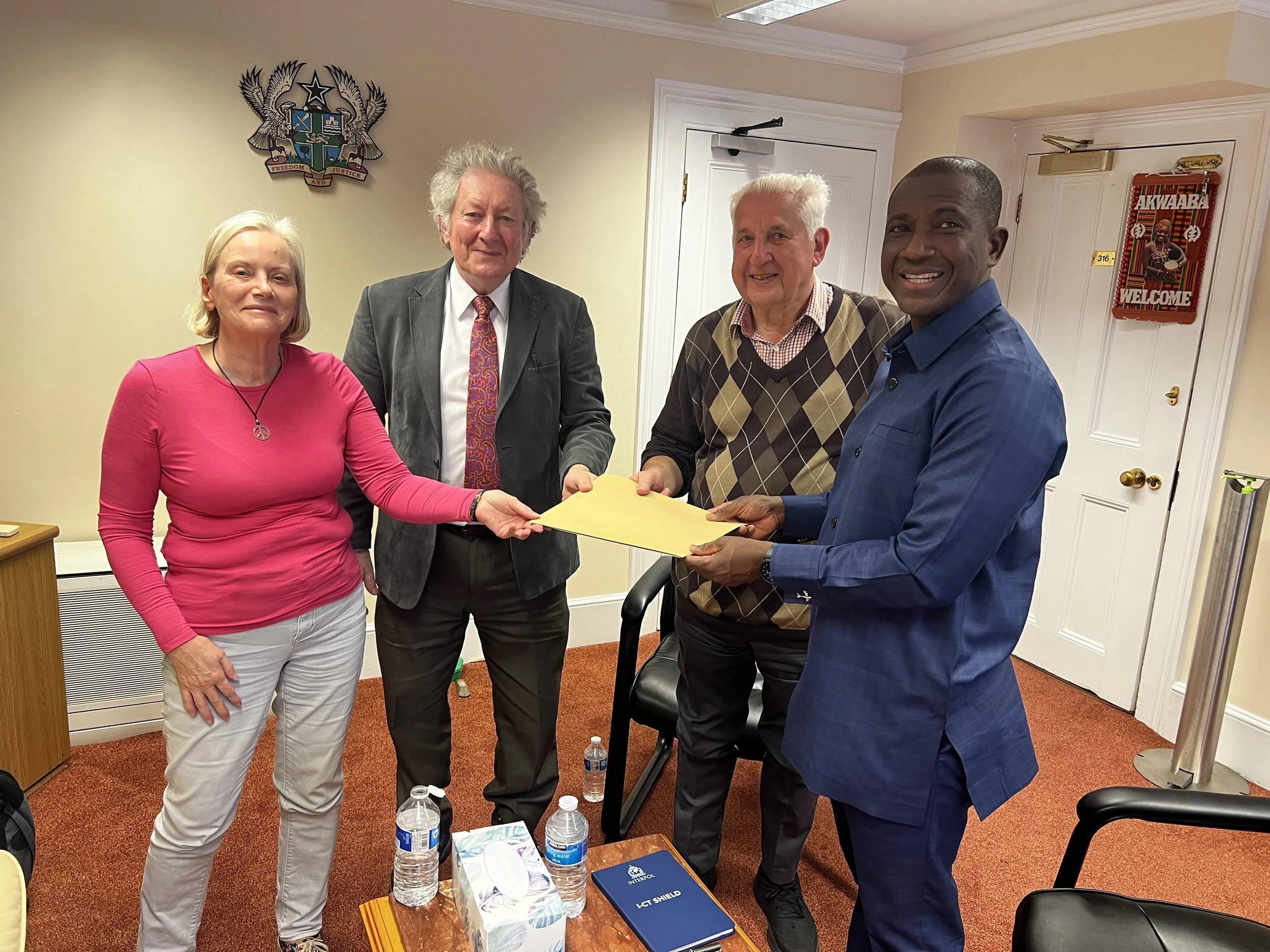The US-led war games on the Korean Peninsula are now at an end, but as the war of words between Trump and Kim Jong-un continues to escalate, London CND Chair Carol Turner considers whether the crisis is bringing us closer to nuclear war.
Annual war games on the Korean Peninsula are the biggest in the world. This year these military exercises, a simulation of nuclear war with North Korea, have helped bring the world one step closer to a real-life nuclear conflict. The 10-day long Ulchi-Freedom Guardian exercises came to an end on 30 September, but the confrontation between US President Trump and North Korea’s supreme leader Kim Jong-un is still mounting.
Tensions on the Korean Peninsula have been high throughout 2017, aggravated by missile tests in the North and the installation of a US anti-missile system in the South, Terminal High Altitude Area Defense (THAAD). Pressure grew at the end of July, when the Democratic Peoples Republic of Korea (DPRK) successfully test-fired a long-range missile over the Sea of Japan. In response, the US conducted a live-fire missiles exercise with the Republic of Korea (ROK).
The present crisis came to the world’s attention on 9 August, Nagasaki Day commemorating the 72nd anniversary of the atomic bombing of the city, after a tweet by Trump threatening North Korea with ‘fire and fury like the world has never seen’.
The DPRK military upped the ante with a proposal to fire ballistic missile near the island of Guam, a US territory in Micronesia in the Western Pacific, and a strategic American air-base. But Kim Jong-un took a step back, announcing on 15 August that he intended to wait and see before approving this plan.
In the run up to US-ROK annual war games, this August has been punctuated by a war of words between the two leaders. More seriously perhaps, it has also witnessed a series of increasingly provocative actions on both sides.
The threat of open conflict on the Korean Peninsula is now a real and present danger. South Korea is host to the third-largest number of US troops overseas, after Japan and Germany, with 35,000 US military personnel stationed across 83 sites. North Korea has taken on the United States before and fought it to a stalemate with the help of China, in the Korean war of 1950-53. No peace treaty was ever signed between the US and DPRK; the 1954 armistice is still enforced with a demilitarised zone between the two Koreas.
The 10-day long Ulchi-Freedom Guardian exercises began on 21 August, with military personnel from the UK participating, as well as Australia, Canada, Colombian, Denmark, the Netherlands, and New Zealand. They were a simulation of nuclear war with North Korea, and are widely believed to have included ‘decapitation missions’ aimed at the assassination or capture of Kim Jong-un.
China and Russia proposed a de-escalation of the growing crisis: the DPRK should agree to halt missile tests in return for a moratorium on US-led war exercises. This was dismissed by the United States, and has been largely ignored by the West.
Responding to US pressure, the UN imposed more sanctions on the DPRK, banning imports of coal, minerals and sea food. China, often reluctant to support sanctions, this time announced it would implement them – a further measure of how seriously the threat should be taken.
As the military exercises were drawing to a close, on 29 August the DPRK launched a short range missile which flew over the Japanese island of Hokkaido. Trump responded with a White House statement that ‘all options are on the table’. This revives the implied threat of a pre-emptive attack that his ‘fire and fury’ tweet triggered.
The US and Japan called an emergency meeting of UN Security Council, demanding tough action against Pyongyang. Stronger UN sanctions are under discussion, and the US and North Korea have clashed at a UN Disarmament Forum meeting in Geneva.
Meanwhile, the Ulchi-Freedom Guardian concluded with US and ROK fighter jets flying close to the demilitarised zones between the two Koreas in 10-hours of simulated strikes against Pyongyang. Japan also took part in this manoeuvre, providing an escorting for US bombers out of Guam air-base.
Less than 24 hours later, President Vladimir Putin of Russia was warning that large scale conflict was imminent, andhis Foreign Minister Sergey Lavrov described events as heading towards a war with large numbers of casualties.
In Japan, Prime Minister Shinzo Abe is reported to be considering seriously upping the military budget, with controversial calls from the Japanese military for the development of long range offensive missiles. This move would violate Article 9 of Japan’s post-war constitution, already under reconsideration, which provides for a self-defence force only for the protection of the country’s borders.
The end of Ulchi-Freedom Guardian is far from ending the nuclear crisis on the Korean Peninsula.
















